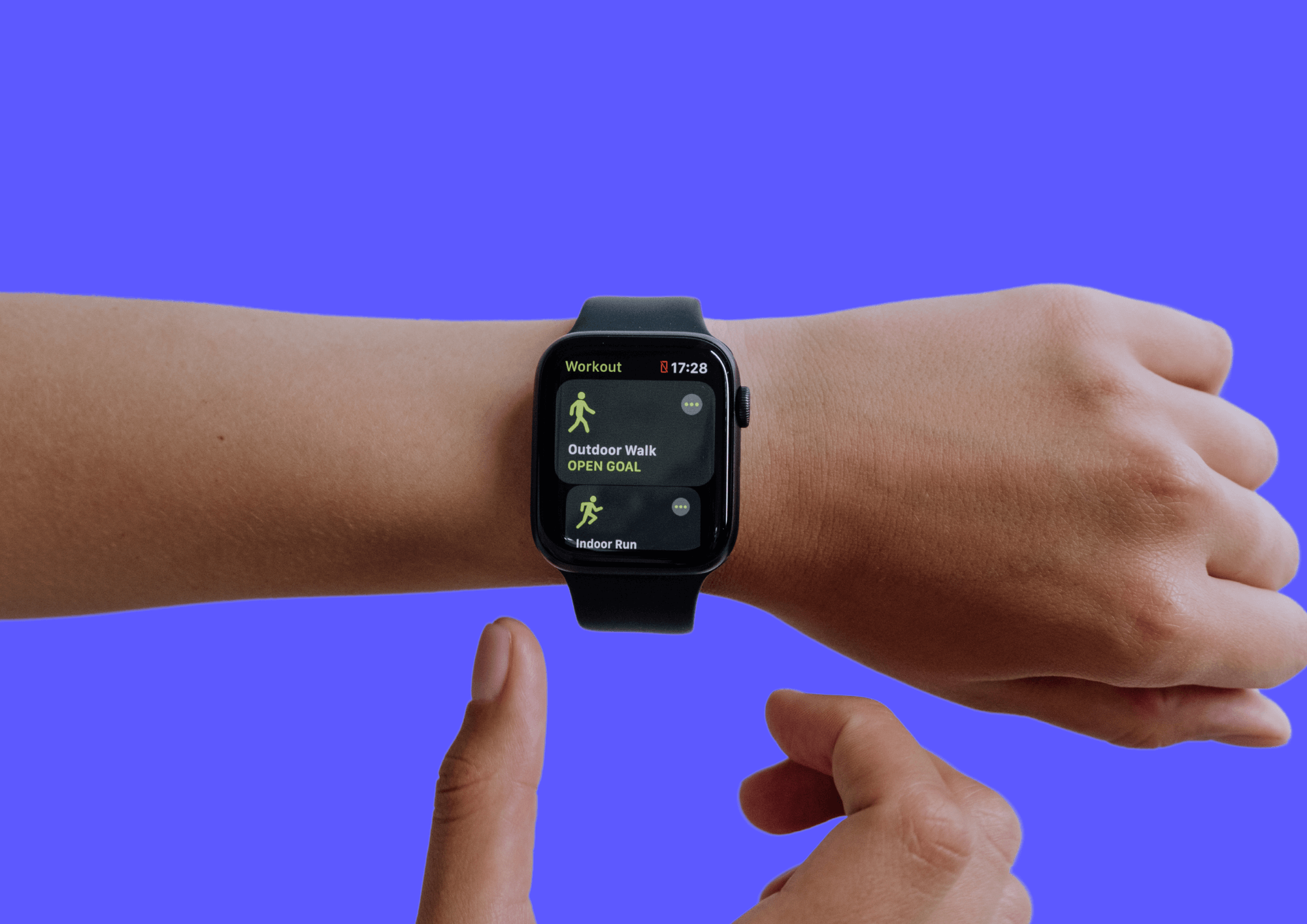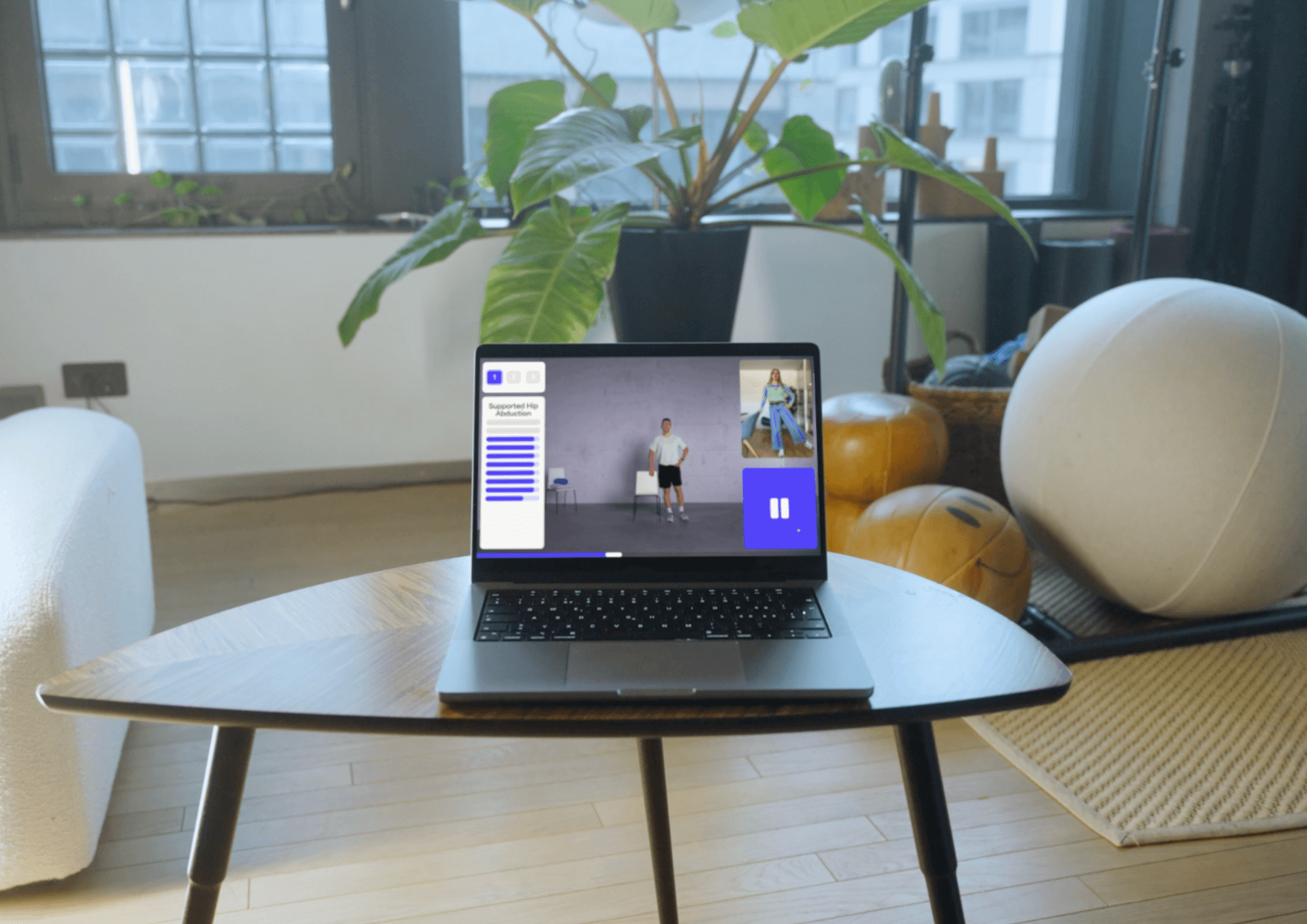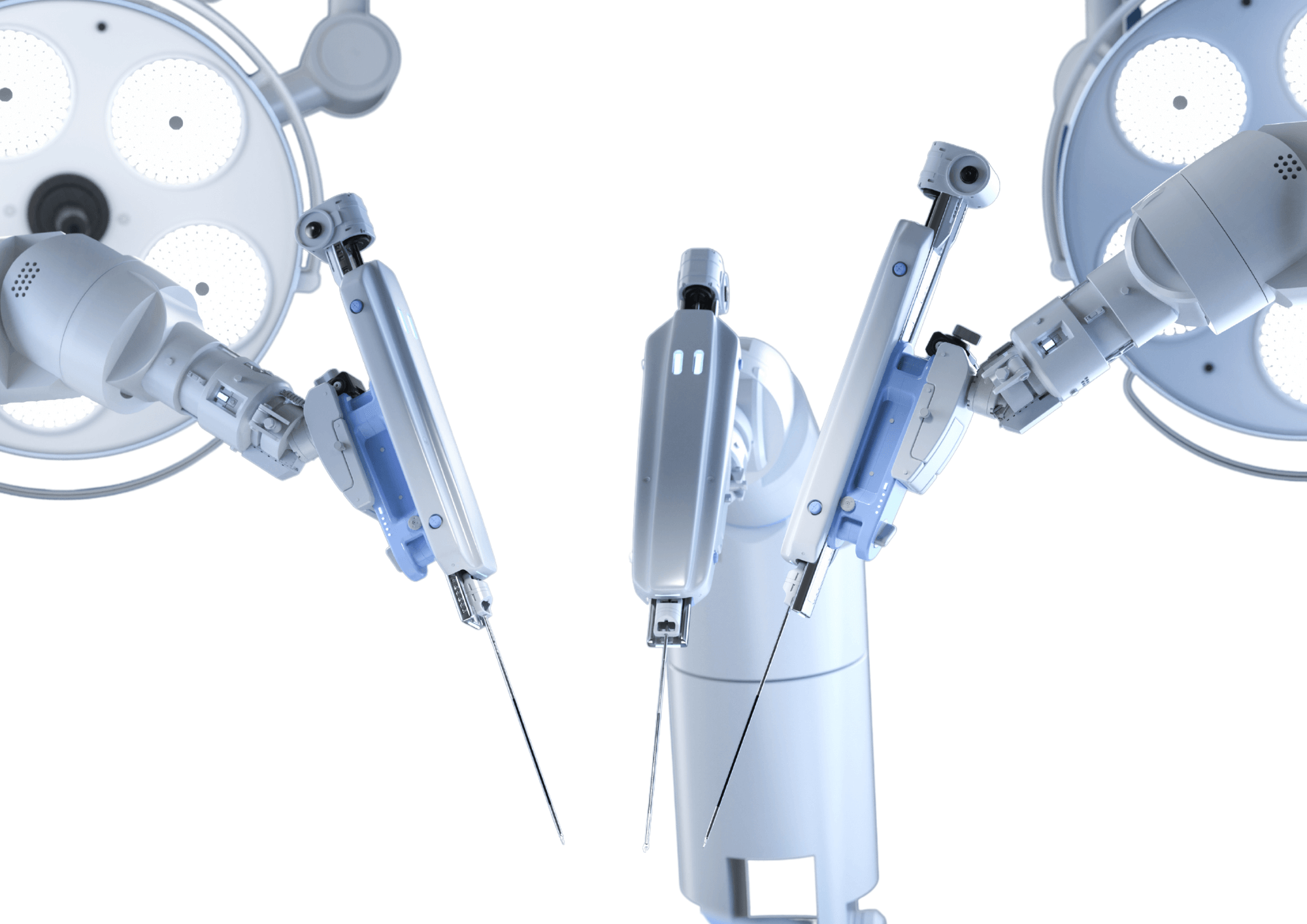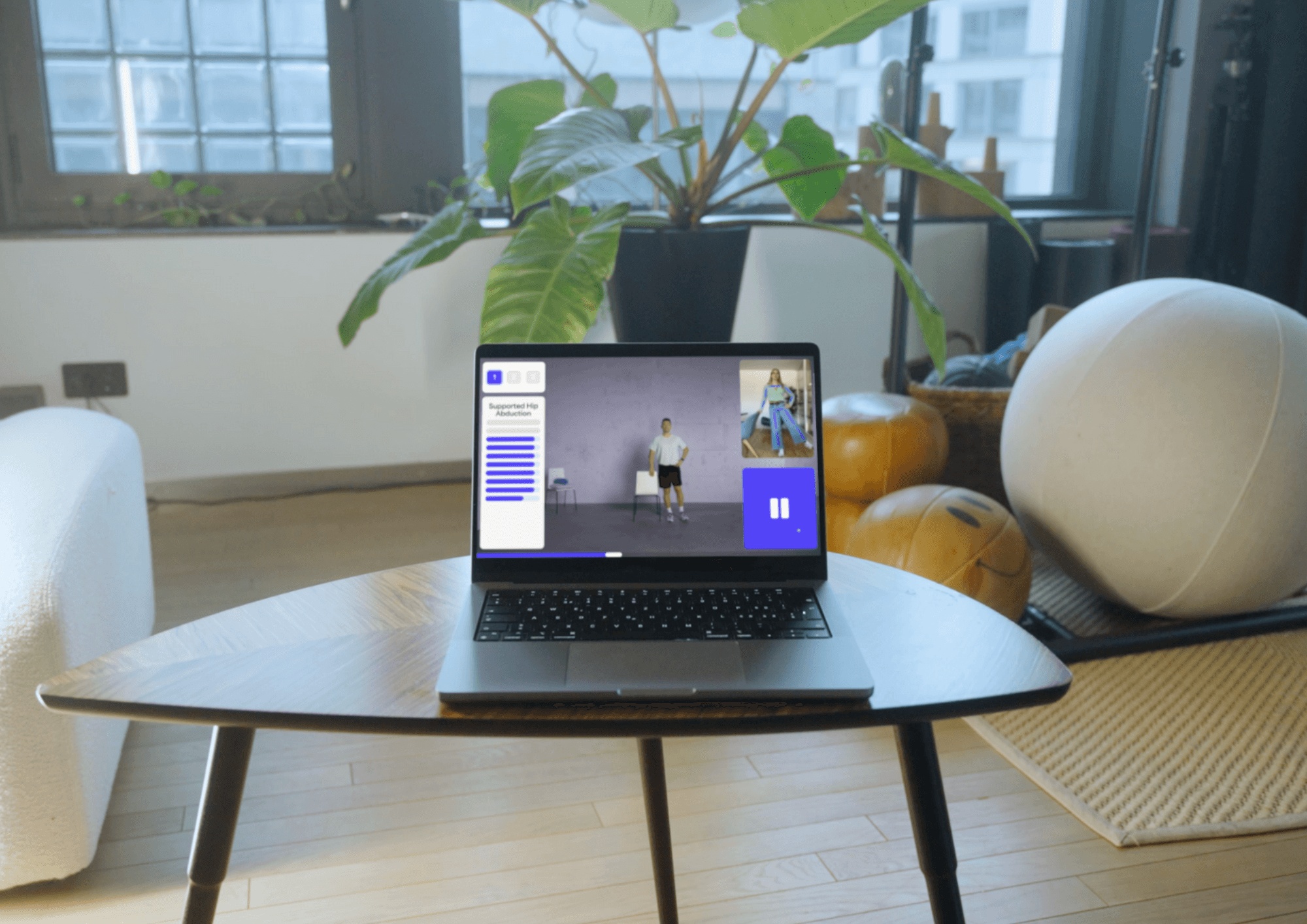In an increasingly digitalized world, the healthcare sector is also undergoing a remarkable transformation. Under the term 'digital health', a diverse landscape of innovative technologies is unfolding that are transforming the way we deliver and receive medical care. From remote therapeutic monitoring of patients to the use of artificial intelligence for diagnosis and data analysis, digital health has the potential to revolutionize healthcare on a global scale.
But what exactly is behind the term digital health and which areas of healthcare can be positively influenced by it? And how is digital health being used and promoted in Switzerland? In this article, we take a closer look at the interface between health and digital innovation.
Definition of the term "digital health"
Digital health, also known as e-health, refers to the use of information technology and digital solutions in the healthcare sector. At its core, the aim is to make medical care more efficient, accessible and personalized. Digital health covers a wide range of applications and technologies, including telemedicine, wearables, health apps, electronic patient records and data analysis. These tools enable healthcare providers, patients and other healthcare stakeholders to collect, share and use information more effectively. Digital health aims to improve the quality of patient care and make it more effective, reduce costs, increase patient autonomy and prevent disease. In short, digital health is about optimizing healthcare through the use of cutting-edge technologies and data-driven approaches.

Areas of application for digital health
The diverse areas of application of digital health extend across the entire healthcare system, from prevention and diagnosis to treatment and aftercare. Here are some of the most significant areas where digital health applications are having a positive impact:
Telehealth
Digital health enables remote consultations and virtual doctor visits, which is particularly beneficial in rural areas or for patients with limited mobility. Telemedicine significantly improves accessibility to medical care.
Wearables and applications
Digital health is not only used to treat diseases, but also for prevention: wearable technologies such as smartwatches and fitness trackers allow people to monitor their health and fitness independently. Various health apps in the so-called mhealth area (mobile health) offer personalized advice, reminders and enable a closer connection between patients and their healthcare providers.

Electronic patient records
Digitized patient dossiers facilitate the seamless and secure storage of health data. This enables better coordination of care and a more efficient exchange of information between different healthcare facilities.
Imaging and diagnostics
Digital technologies improve medical imaging and support diagnostic procedures through machine learning. Algorithms and AI systems can help to detect diseases earlier and make more precise diagnoses.
Digital therapy and rehabilitation
In rehabilitation, digital therapy platforms such as Akina enable personalized exercise programs for more efficient therapy. Progress and deficits can be monitored by physiotherapists and the training program can be adapted to the patient's individual needs.

Research and data analysis
Health data in digital form enables researchers to identify patterns and trends. Large data sets of health information can contribute to the development of new therapies and to the improvement of medical research and care.
Medication management
Digital solutions support patients in taking their medication correctly through reminders and monitoring. This can be particularly beneficial for older people, people with complex medication plans or chronic illnesses.
Robotics and medical technology
Robotics can be found in many places in the healthcare industry today. As robotic surgical assistants for more precise and less invasive procedures, as rehabilitation devices, or for dispensing medication in hospitals and pharmacies:

Digital health in Switzerland
The digital transformation is leading to increased efficiency and reduced costs and is being driven by various approaches in Switzerland.
- Education, research and university programs:
Research institutions, private companies as well as universities are actively involved in the development of new technologies and applications and the training of experts. For example, digital health is covered in various modules of the bachelor's degree program in Applied Digital Life Sciences at the ZHAW. ETH Zurich also plays a key role in training specialists in this area with its CAS Digital Health. - Promoting innovation through a start-up ecosystem:
The emerging start-up ecosystem in the healthcare sector is contributing to various innovations. Healthtech start-ups are developing new applications, platforms and technologies that are changing the way healthcare services are delivered.
Akina - The innovation in digital therapy
Speaking of healthtech start-ups, Akina is a Swiss start-up in the field of software development. Our goal is to make therapeutic training at home more efficient and enjoyable. Our AI-supported software recognizes users' movements through their webcam and gives them feedback in real time. Users can also connect with physiotherapists to receive additional support in rehabilitation after a sports injury, accident, illness or surgery. Thanks to Akina, physiotherapy at home can be made many times more effective, efficient and more targeted collaboration with the therapist can be achieved in personal physiotherapy sessions.
Find out everything you need to know about Akina here or sign up to the newsletter below to be notified when our product launches. We look forward to having you on board!




